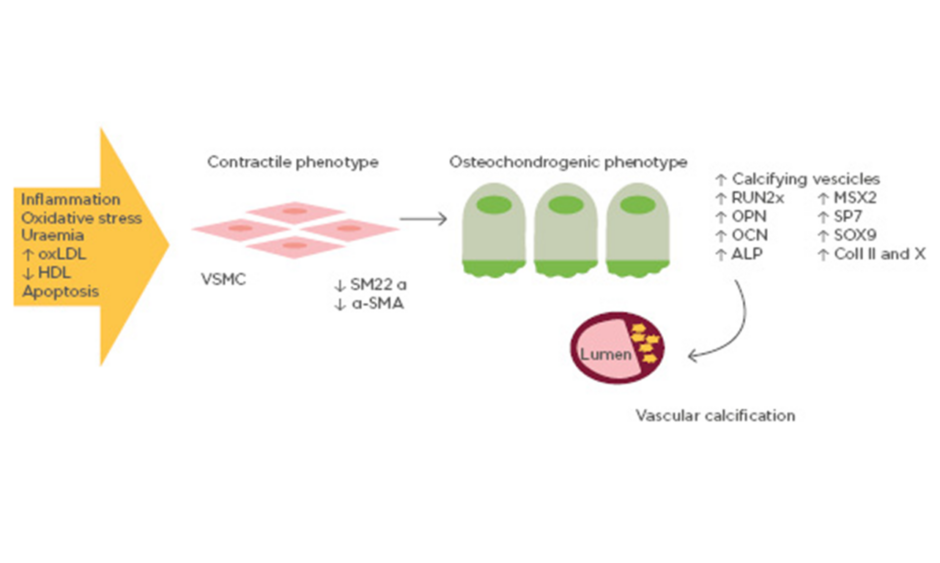RESEARCHERS have identified an association between the diagnosis of hypertension in youths and a 2.1 times higher risk of major adverse cardiac events (MACE). The prevalence of paediatric hypertension has risen more than 5-fold in the past 30 years, affecting 6% of all children globally. This is of particular concern due to the association of paediatric hypertension with long-term subclinical cardiovascular disease. Nevertheless, there is insufficient research linking childhood hypertension to adverse cardiovascular outcomes; therefore, there may be a missed opportunity for early prevention.
A retrospective population-based cohort study was conducted in Ontario, Canada, to determine the risk of MACE in the later life of children diagnosed with hypertension. The cohort was comprised of 25,605 children diagnosed with hypertension and 128,025 matched controls (aged 3–18) from 1996–2022. Each case of paediatric hypertension was matched with five controls without hypertension matching for age, sex, birth weight, maternal gestational hypertension, prior comorbidities, and a propensity score for hypertension. Data was analysed using the Kaplan–Meier method and Cox proportional hazards regression to evaluate time to MACE.
Results revealed that participants had a median age of 27 years at the last follow-up, and that hypertension in youth was associated with a 2- to 3-fold increased risk of stroke, congestive heart failure, hospitalised myocardial infarction, coronary intervention, and unstable angina. Nonetheless, cardiovascular death was not associated with hypertension when the case and controls were compared. Researchers acknowledged the lack of access to data on additional confounding factors and effect modifiers, as well as possible cardiovascular detection bias in participants with hypertension, as limiting factors in the study.
The study concluded that the significant association of paediatric hypertension with the long-term risk of MACE justified the implementation and improvement of blood pressure screening, as well as increased patient and clinician awareness of MACE risk. The majority of children do not receive regular blood pressure screening, with over three-quarters of hypertension cases undiagnosed. Improving the detection and care of childhood hypertension may help prevent cardiovascular disease.
Reference:
Robinson CH et al. Long-term cardiovascular outcomes in children and adolescents with hypertension. JAMA Pediatr. 2024;DOI:10.1001/jamapediatrics.2024.1543.








